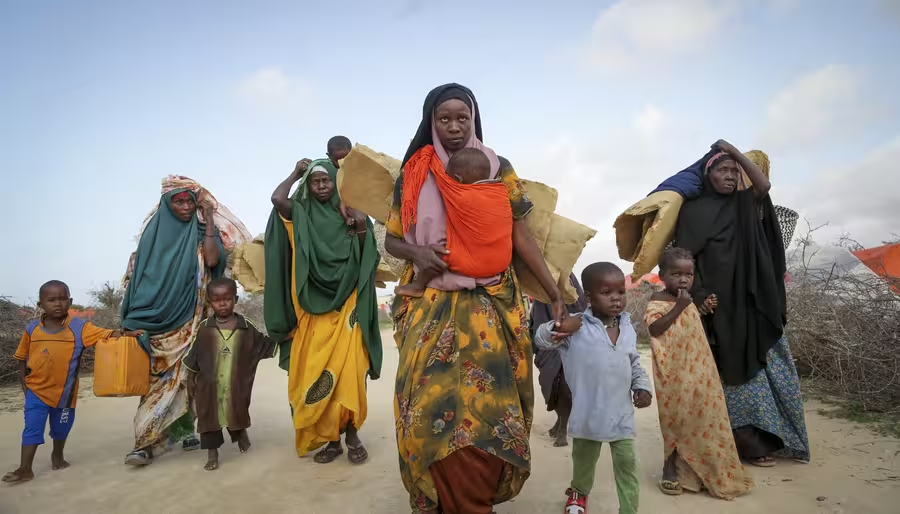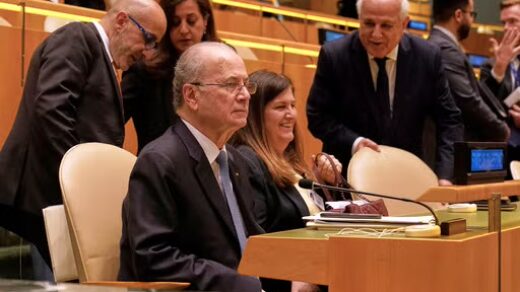
During the past year, countries in Southern Africa have had a food shortage due to weather conditions known as the El Niño effect. This phenomenon causes the Central and Eastern Pacific Oceans to warm above average. This weather condition is the leading cause of these complications. Water is substantial in crops because it helps with photosynthesis, transporting minerals, and cooling plants. Thus, these limited rainfalls due to the El Niño effect cause droughts, contributing to a significant crop deficit.
Throughout Zambia, Zimbabwe, Malawi, and Mozambique (countries that border one another), over 21 million people are impacted by the drought. Crop loss has been catastrophic. In Zambia, over 40% of maize plantations have been eradicated. Similarly, cereal production has been reduced by 50%. The depletion of staple crops and thriving habitats causes health concerns for humans and animals.
This crop devastation doesn’t only lead to starvation in countries but also stunts their economic growth. Many people in peripheral countries (less developed countries) get their prominent source of income from agriculture. Due to the stunted growth of plants due to harsh weather conditions, there are minimal exports and sales of goods. As a result of nominal food, farmers in these countries have lost their worth. A humanitarian, Cindy McCain, traveled to Zambia and recounted a story of a female farmer who lost everything because of the drought. Neither she nor her children can eat, and she lost cash from her produce this season. This harsh reality for countries that rely on harvest season prompts the question: should more developed countries help others through crises?
More developed countries (the United States, Germany, Japan, etc) farm resources like oil, coal, and gas—which are all fossil fuels—which increase the frequency and magnitude of natural disasters. Countries with close proximity to the equator like Ecuador, Equatorial Guinea, and Zambia, suffer most because of the emission of these toxins because of their already hot surface temperatures. When these sources are lit and emitted into the surrounding environment, heat becomes trapped in the environment leading to more catastrophic events. Therefore, environmentalists deem that it is only morally correct for countries that use lots of greenhouse gasses to give countries money as a source of maintaining sustainable lifestyles.
After the unpredictability of Pakistan’s floods in 2022, their minister Ms Reyman exclaimed, “We have been set back 10 years. Everything from infrastructure, schools, hospitals (to) people’s lives need rebuilding.” Her fears about the current state of Pakistan resonate with the audience as a clear cry for help, demonstrating the urgency of the abuse of fossil fuels. Her concern ties into how Pakistan, despite having over 200 million people, emits 0.9% of greenhouse gasses yet suffers so deeply.
In turn, what do nations like the United States do? They refuse to pay reparations under any circumstances.
John Kerry, the Secretary of State for the United States, discussed whether America would pay compensation to countries hurt in the crossfire between developed countries and the effects of fossil fuels. Kerry’s immediate response was no, denying the idea before the full question was asked, using the rationale that the US would “pay some other country because they had a flood or they had a hurricane.”
The question still lies: are countries that indirectly cause climate disasters indebted to ones that suffer the consequences?
Written by Michael Shohat


